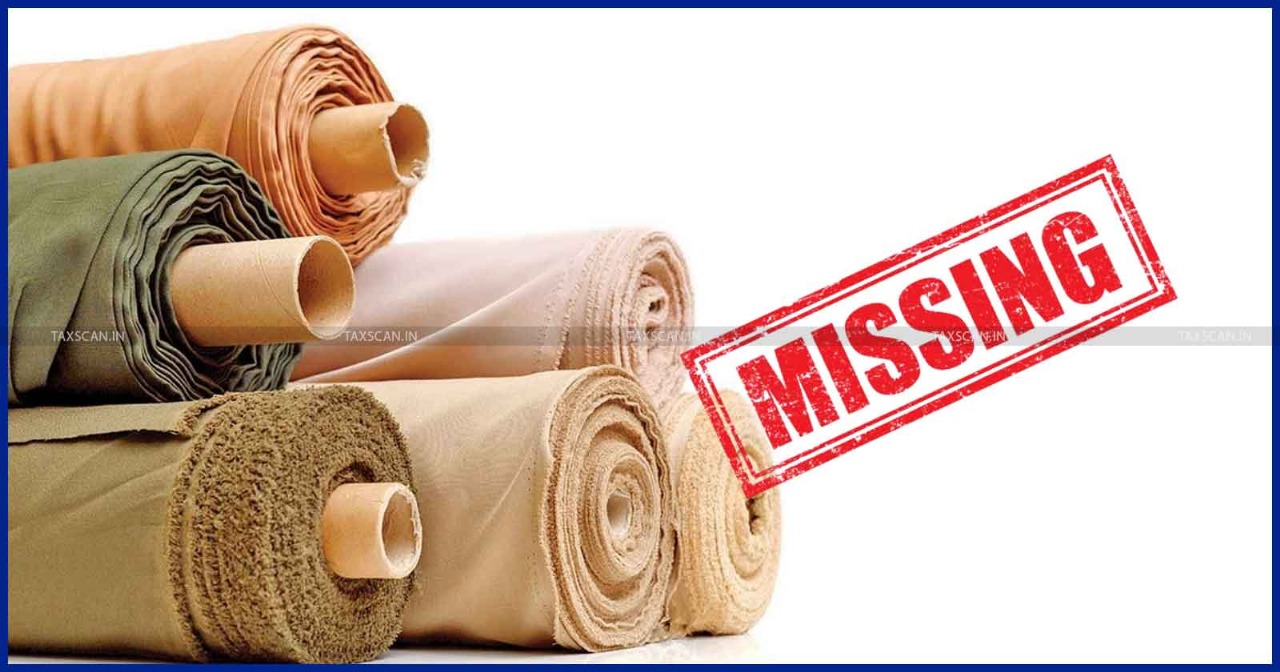Excise Dept Fails to Probe 90 of 160 Transactions, Vendor Not Made Co-Noticee: CESTAT Upholds Cenvat Credit Claim [Read Order]
CESTAT ruled that Cenvat credit cannot be denied based on assumptions and an incomplete investigation
![Excise Dept Fails to Probe 90 of 160 Transactions, Vendor Not Made Co-Noticee: CESTAT Upholds Cenvat Credit Claim [Read Order] Excise Dept Fails to Probe 90 of 160 Transactions, Vendor Not Made Co-Noticee: CESTAT Upholds Cenvat Credit Claim [Read Order]](https://images.taxscan.in/h-upload/2025/06/10/2041997-excise-department-excise-department-fails-to-probe-90-of-160-transactions-taxscan.webp)
The Kolkata Bench of the Customs, Excise, and Service Tax Appellate Tribunal (CESTAT) ruled that Cenvat credit cannot be denied based solely on assumptions and an incomplete investigation by the department.
Om Shakti Smelters Pvt. Ltd., the appellant, is a manufacturer of MS Rounds, Ingots, and Billets, registered under the Central Excise Act. The department initiated proceedings against the appellant based on an investigation into Shree Ganesh Forging Company, a vendor alleged to have issued invoices without actually supplying goods. It was claimed that the appellant wrongfully availed Cenvat credit of Rs. 81,66,865 based on these invoices.
The department issued a show cause notice alleging that goods were not physically received and that the appellant had taken credit without the actual receipt of inputs. The adjudicating authority confirmed the demand with interest and imposed penalties. Aggrieved by the order, the appellant filed an appeal before the CESTAT.
 Also Read:Fabric Rolls Missing from Taxpayer’s Custody After Legal Seizure: CESTAT Upholds Redemption Fine [Read Order]
Also Read:Fabric Rolls Missing from Taxpayer’s Custody After Legal Seizure: CESTAT Upholds Redemption Fine [Read Order]
Your Ultimate Guide to GST in the Real Estate Sector! Click here
The appellant’s counsel argued that the department relied on statements from some truck owners recorded years after the transactions, many of whom could not recall details, while no statements were collected from the remaining vehicle owners involved in 90 of the 160 transactions. These statements, the appellant argued, were not recorded under Section 14 and not affirmed before the adjudicating authority, making them unreliable.
They further argued that all transactions were recorded in their statutory records and audited by the department. No evidence was produced by the department to show that money flowed back in cash or that the goods were not used in manufacturing. They claimed the department failed to investigate how finished goods were produced if the alleged inputs were not received.
 Also Read:Notional Interest on Security Deposits for Locker Rentals Not Taxable as Service Value: CESTAT [Read Order]
Also Read:Notional Interest on Security Deposits for Locker Rentals Not Taxable as Service Value: CESTAT [Read Order]
The two-member bench comprising R. Muralidhar (Judicial Member) and K. Anpazhakan (Technical Member) observed that the department had failed to verify more than half of the transactions and relied on incomplete evidence. It was observed that the statements lacked evidentiary value as they were not taken under oath or confirmed during adjudication. The tribunal also observed that the vendor, Shree Ganesh Forging Company, was not made a co-noticee, violating principles of natural justice.
The tribunal held that the appellant had produced valid documentation, paid through proper channels, and complied with all procedural requirements. It also observed that no alternative source of raw material had been established by the department, nor was any evidence of suppression presented to justify invoking the extended period for demand.
The tribunal allowed the appeal both on merits and on the ground of limitation. It also set aside the penalty imposed on the company’s director, ruling that it could not stand once the main demand was dismissed.
Support our journalism by subscribing to Taxscan premium. Follow us on Telegram for quick updates


